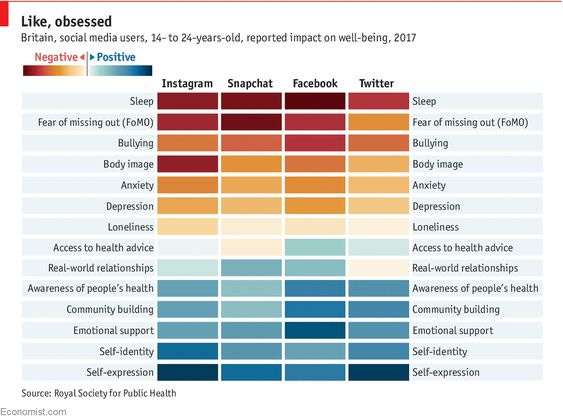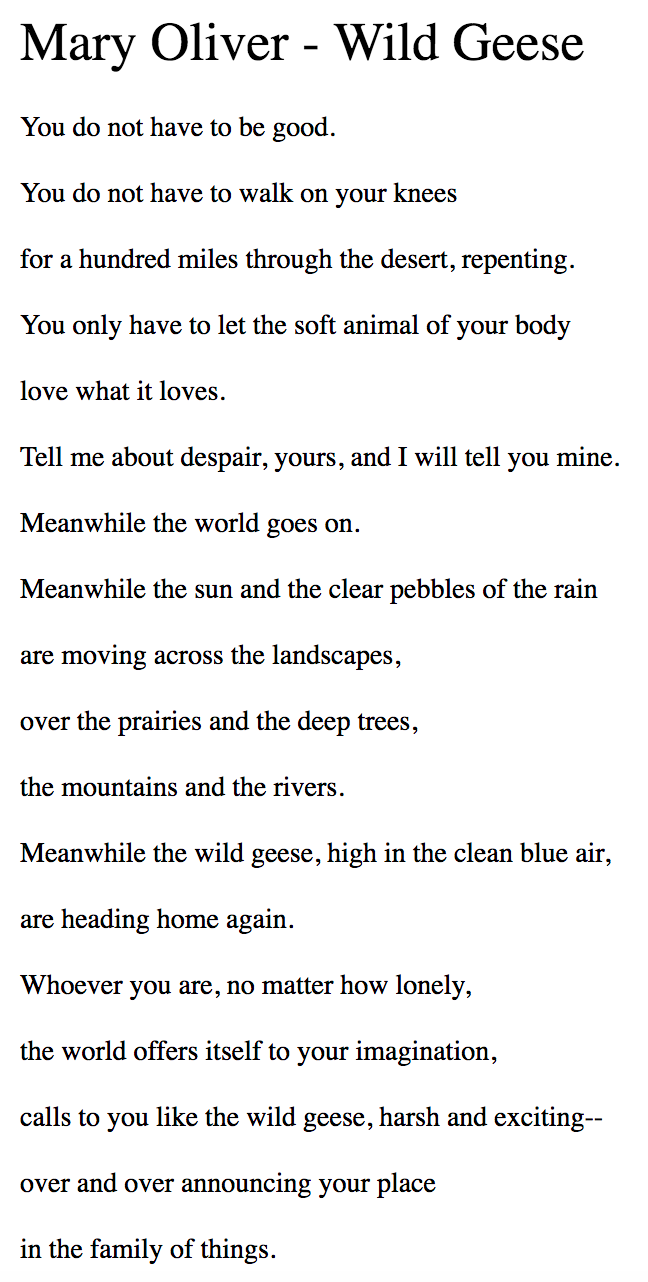Tiny Revolutions №5: Interview with Ryan Williams
In which I talk to another person who has outed himself

And we did! We had a nice, long conversation about our experiences with depression and working in the generally crazy world of startups. So I’m trying something new in this issue and publishing some excerpts from that conversation.
Ryan is an author, podcaster, marketer and sometime standup comedian. He’s written a book called The Influencer Economy, and has given some talks at Google that he opens by detailing his experiences with depression. Here are some highlights from our talk.
On deciding to talk openly about dealing with depression:
I had to tell [my story] because I was ashamed that I was depressed. Which is very common. I did stand up comedy while I was depressed, and that would help me get out to connect with people. I later realized I was not as great on stage as I could be behind the scenes, so it helped me define my career path. But it was a very extreme measure to take at the time, and looking back now, I can’t believe I did it. It’s almost like it wasn’t me.
On his intentions:
It makes people pay attention, and it’s a good way to get people to listen to you, right? I used to be self-conscious about it. I would say, “Oh, I don’t want to tell my story and try to make a big deal about it.” And a friend gave me advice. He was like, “You lived through this. Why would you hide it? You’re not trying to like, cash in on this.” My bigger ambition is to actually give dedicated talks on mental wellness and burnout, and to develop more of a playbook for people, because that’s something I didn’t have. That’s something that no one talked about. My family didn’t get it. People from all over my life. I stopped being friends with people because of it. I had to fire my friends. There are people I don’t see anymore who I’ve spent a lot of time with, because they weren’t there for me. Some of them were intentionally not there, because their assumption was that if you’re depressed, you’re weak, right?
On the response he’s gotten:
I’ve had bad results and good results. The good results are from the people who reach out to me. I’ve done Skypes before with people. Like, “Oh that meant a lot to me when you did that episode about depression.” I interviewed this guy Brad Feld who’s a big investor at Techstars, and he talked about his mental health issues, and I got a lot of feedback from that. I wrote about it in my book. People will come up to me and say, “Hey, I was divorced two years ago, and I totally get it. It was awful.” And so that’s good. Conversation is good. It’s a start. And you know, really it’s listening. Like that’s the next phase and I think that’s harder.
But to your point, I think there’s a general awareness [of mental health issues], or lack thereof, and that’s where the conversation starters are. But really it’s listening. I think if you can’t listen and then have some sort of meaningful conversation about it, then just putting it on someone’s radar doesn’t matter. Because people just move on. We’re so inundated with news, or social media, or texting, or other distractions. Being present is so hard. So yeah, awareness is important and then listening and having some sort of meaningful conversation is the next step. And I think that’s where putting it out there matters to people.
**
We also talked some shit about comedians and wondered about whether Anthony Bourdain’s heavy drinking contributed to his decline — you can view the full transcript here. Thanks to Ryan for sharing his experiences. (If you’re in marketing, btw, I would highly recommend watching his Google talk about working with influencers. Really smart stuff.)
On to some stuff that’s intrigued and inspired me recently.
“I feel, therefore I am.”
This is a fascinating, short podcast episode of On Being with the playwright Eve Ensler, who’s most famous for The Vagina Monologues. Small snippet:
“I’m also thinking a lot lately that Descartes has so much to answer for — his idea, “I think therefore I am.” Western culture is so built around this overly cerebral, disembodied way we’ve created all of our institutions, and we’re impoverished by it. We’re so much smaller for it.”
We all suspected it, but it’s official — heavy use of social media has been linked to mental illness. Here’s a fascinating chart from the Economist on the impact broken down by platform.

One of my favorite Twitter feeds is @retsoor, the feed of one Jason Sebastian Russo, who, according to his website, does very, very many creative things. (Including touring and recording with the excellent band Mercury Rev, whose seminal album Deserter’s Songs just turned 20.) Here are a few of my favorites.

trebek: to comfort one another as time slowly murders our bodies
contestant: what is the point
How about a poem?
And finally — I couldn’t end this without paying homage to the queen. Rest in power, Aretha.
😘Sara
p.s. Reply to this email and let me know what you think of the interview. Should I make this an ongoing feature? Do you have questions you would like to ask, or someone I should talk to? I’d love to know.
p.p.s. Know someone who would like to join us in this Tiny Revolution? Have them subscribe here.



